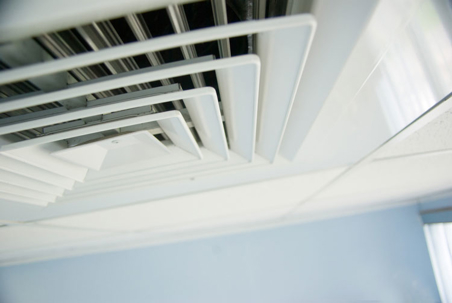In order to understand your A/C and heating systems, you need to know there are three basic elements involved in both air conditioning and heating:
- You’ll need a source of either cool or warm air.
- Next, you’ll need a way to distribute that air to the rooms that you want either heated or cooled.
- Finally, you’ll need a way to tell your system when to turn on and when to turn off. In most cases, having central air conditioning and heating means the same air ducts that deliver cold air in the summer also deliver warm air in the winter.
To understand your A/C and heating systems, you have to understand the basic principles involved in heating and cooling your home or office. Basically, heat always moves from a hot object to a cooler object, just as water always flows from a higher area to a lower area. So, to heat your home, heaters and furnaces place heated air into the air, while air conditioners remove warm air and make your house cool. So, when the thermostat tells the unit to either cool the room temperature or to warm the temperature, your air conditioning and heating systems are activated.
When it comes to air conditioning, the basic principle is that a refrigerant (usually a gas) converts to a liquid, absorbs heat from the air, turns back into a gas, which is then converted into a gas by means of a compressor. This compression generates heat, which is sent outside the home or office by means of condenser coils. In order to understand your A/C and heating systems, all you need to know is that the key to keeping these systems functioning properly is to schedule regular maintenance and annual inspections. The better you maintain your A/C and heating systems, the longer they will function properly.
It’s important to make sure that you keep your heating and air conditioning units as clean as possible. When dirt and debris build up on the various coils inside the units, it can cause them to operate less efficiently. When that happens, the unit uses more energy in order to perform its functions, whether that means keeping the air warm or cool. This reduces the lifespan of the unit, since you’re putting more pressure on the unit. Also, making sure that any filters that are used in your A/C and heating systems are kept as clean and free from debris as possible will go a long way towards keeping your unit operating at peak efficiency.
If you don’t remember the last time you had your A/C or heating systems looked at, it’s time for some TLC. Schedule a free consultation on our Dallas HVAC maintenance services today.

